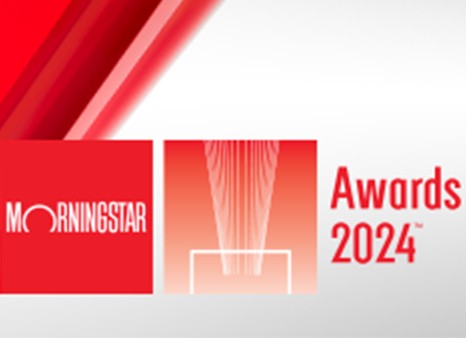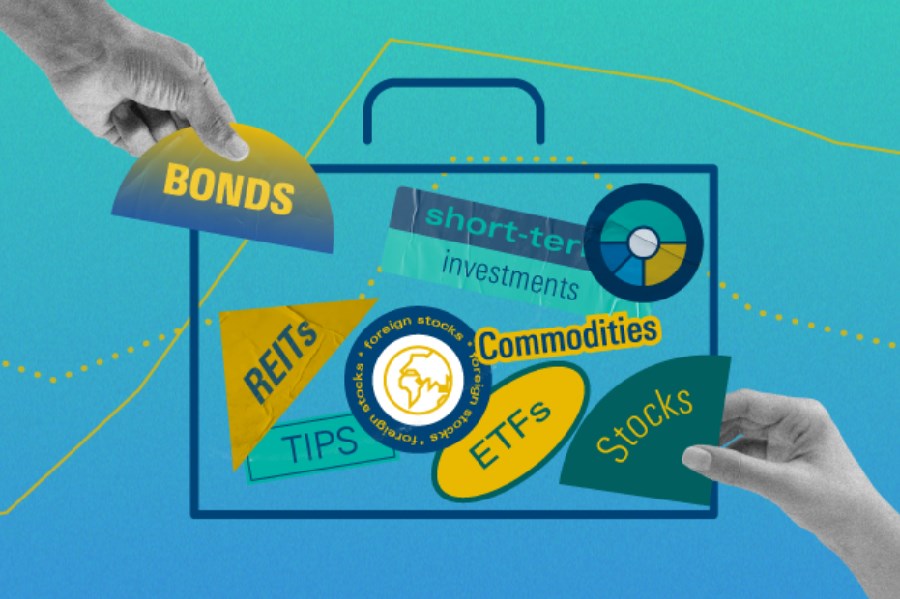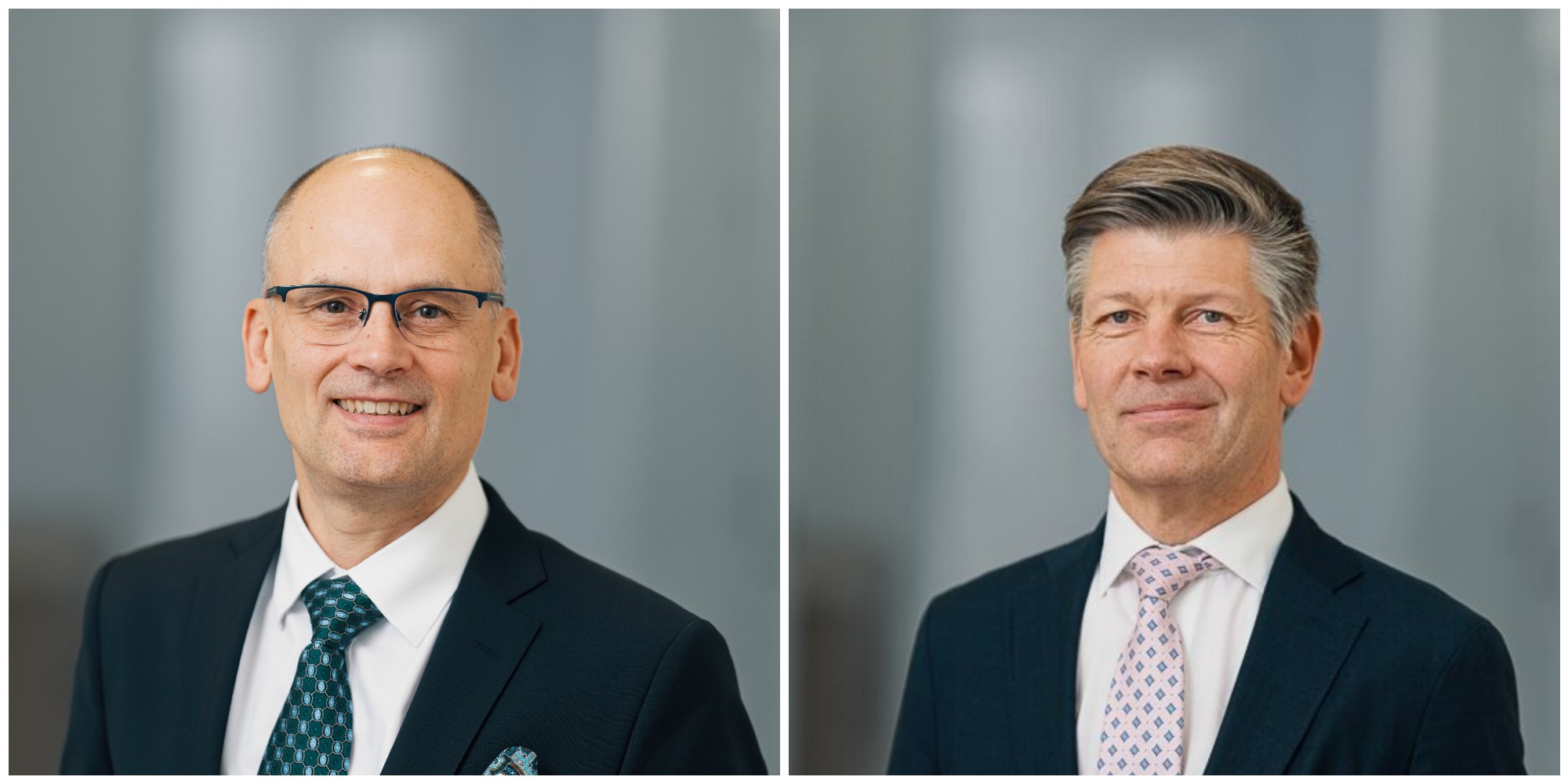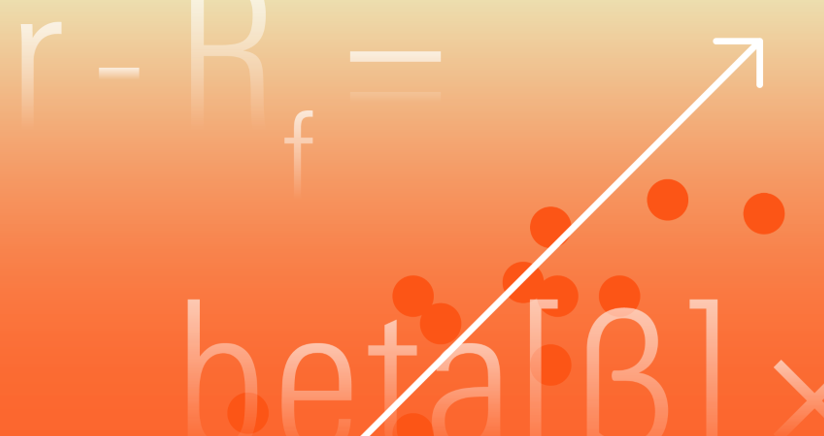Holly Cook: At Morningstar's Investment Conference, I caught up with Stephen Cohen, iShares' Head of Investment Strategies, and asked him to tell me a bit about the latest chapter in the active versus passive debate. In this chapter, passive products are becoming a little bit more active. Here he is to tell us what's fuelling this trend.
Stephen Cohen: I think there are a number of catalysts from the research that we've done in terms of why people are moving from a history of active versus passive to saying actually, well, how do I blend all of these instruments together? There are some very specific ones. If you look at the UK, the changes around Retail Distribution Review clearly are changing the dynamic of what advisers can do in terms of fees, et cetera, and that's making them think what instruments do I use once I remove retrocession? It does change the playing field of what an ETF is for me versus what an active mutual fund might be for me.
I think the second catalyst is just the markets and we've been in a very difficult period. Investors have generally become a little bit more tactical, so they have started to think about how they can use some of these instruments in a portfolio in different ways than they would have used them in the past.
I think allied with that is the general recognition that active management in some cases hasn't delivered what people had hoped and that is not about the future, but it's about what we've seen in recent years.
So investors are asking a lot more questions. Clients are asking a lot more questions. Clients are a lot more aware of what an ETF may or may not be. They may read about it on Morningstar.co.uk and so they are actually asking their adviser, okay, well, do you uses these instruments and if not, why not?
So I think all of this questioning, all of this discussion is really leading to investors thinking about what should a portfolio be made up of, how do I get the best out of all these tools?
Cook: You mentioned fees, and obviously we've seen a lot of assets flowing towards more passive instruments and fees is one of the most attractive qualities of an ETF, for example. What do you think that pressure on fees is going to mean for the future of the industry?
Cohen: I think fees is something that a lot of people are talking about at the moment, and clearly, RDR has put the spotlight on charging a fee versus, for example, retrocession. Generally, I think across the industry, we are seeing and we're hearing more and more fee pressure. And fee pressure is at different levels. It's at the product level, potentially; it's at the distributor level.
So it's potentially all levels of the supply chain. So again, I think part of this comes back to this greater awareness or need to understand actually what am I paying for. For the end investor, what am I really paying for? That doesn't necessarily mean that people are saying, I'm not paying for anything. It's just I think that there is a shift towards saying, I want to really understand better what I'm paying for and when I do understand that and I understand the value proposition and I understand the performance I'm getting, then I'm very, very happy to pay it, but I need to have that better understanding going forward.
Cook: And of course, lower fees do mean better returns for the end investor overall?
Cohen:It can do, depending on what you pay for.
Cook: So also you talked a little bit about the kind of emotional decision-making process. You mentioned the term ‘passive’ implies that there isn't a decision actually to be made, whereas with active management people tend to sort of buy into a manager. With a passive instrument, they don't have to make that decision. So how do you tackle that?
Cohen: That’s a really good question. I think that we’ll try and steer clear with the word passive going forward, because I think that, as you said, passive implies that I don’t do anything, and I think in some respects it means that investors are turned off by these products, because if it doesn't do anything I don’t want it. The reality is there is a decision, but it's at what level do I make that decision.
So, for example, I may build a portfolio with asset allocation. So I may decide I want x percent of emerging market equities and I want some bonds and some gilts, and I could use ETFs for all of those different components. There is an active decision within that portfolio construction.
Alternatively, I could say, well, I want 60% in equities and 40% in bonds, and I am going to find some good managers who will go out and manage those ratios for me. Again, there is a very active decision in which manager did I go and choose. So I think it's important for investors to really think about what are the decisions that I am trying to make, what are the decisions I want to make and what are the decisions I actually want to delegate to somebody and pay somebody to make on my behalf.
Cook: So do you think then, if there is a trend towards a sort of blending of the active and passive elements, are we going to see star managers like you mentioned Nigel Bolton, for example, having a say in how some of the more passive instruments are actually managed?
Cohen: I think what we're going to see is that there are going to be – we're going to see an evolution of what all these products are, and I think we're seeing an evolution of indexing towards being alternative-weighted indices, for example. There is a lot of talk about active ETFs, if they potentially evolve. But I also think we're seeing a lot of evolution on the active management side in terms of, again, this focus on active managers really thinking about how they deliver alpha and ensuring that they do deliver alpha consistently.
I think it's the balance on both sides as it were, that will take us to where we think the industry will go which is ultimately, as an investor, you will have a range of ways to access markets, you'll have a decision to be made around which decision you want to make. Then you'll be able to kind of pick off the shelf what those products can do for you.
Cook: And of course, with more choice, there is the need for more education, so that investors know what decisions they are making and what impact they will have.
Cohen: I think education is key. I think that what we're seeing now here today, and I think RDR again is another catalyst for that, is just a greater need for education, a greater awareness of a need for education about what all these different instruments are. I think it comes back to the point, the question you made right at the beginning: it's not active versus passive any more. It's really about saying, I have got all of these potential tools, how do I use them, how do I get the best out of them, and to do that I need to understand what they can do for me and what they can't do for me, and ultimately what I am paying for.
Cook: Well, Stephen Cohen of iShares, thank you very much for your time today.
Cohen: Thank you very much.




















